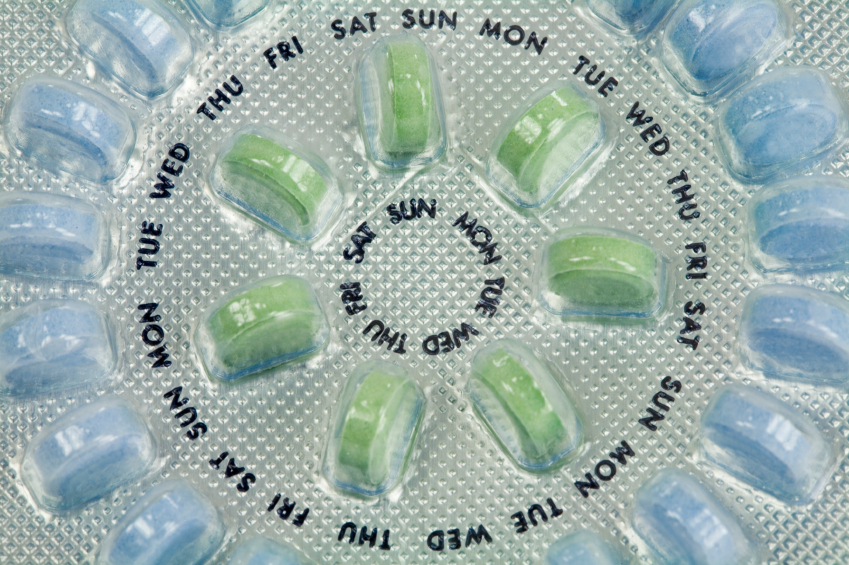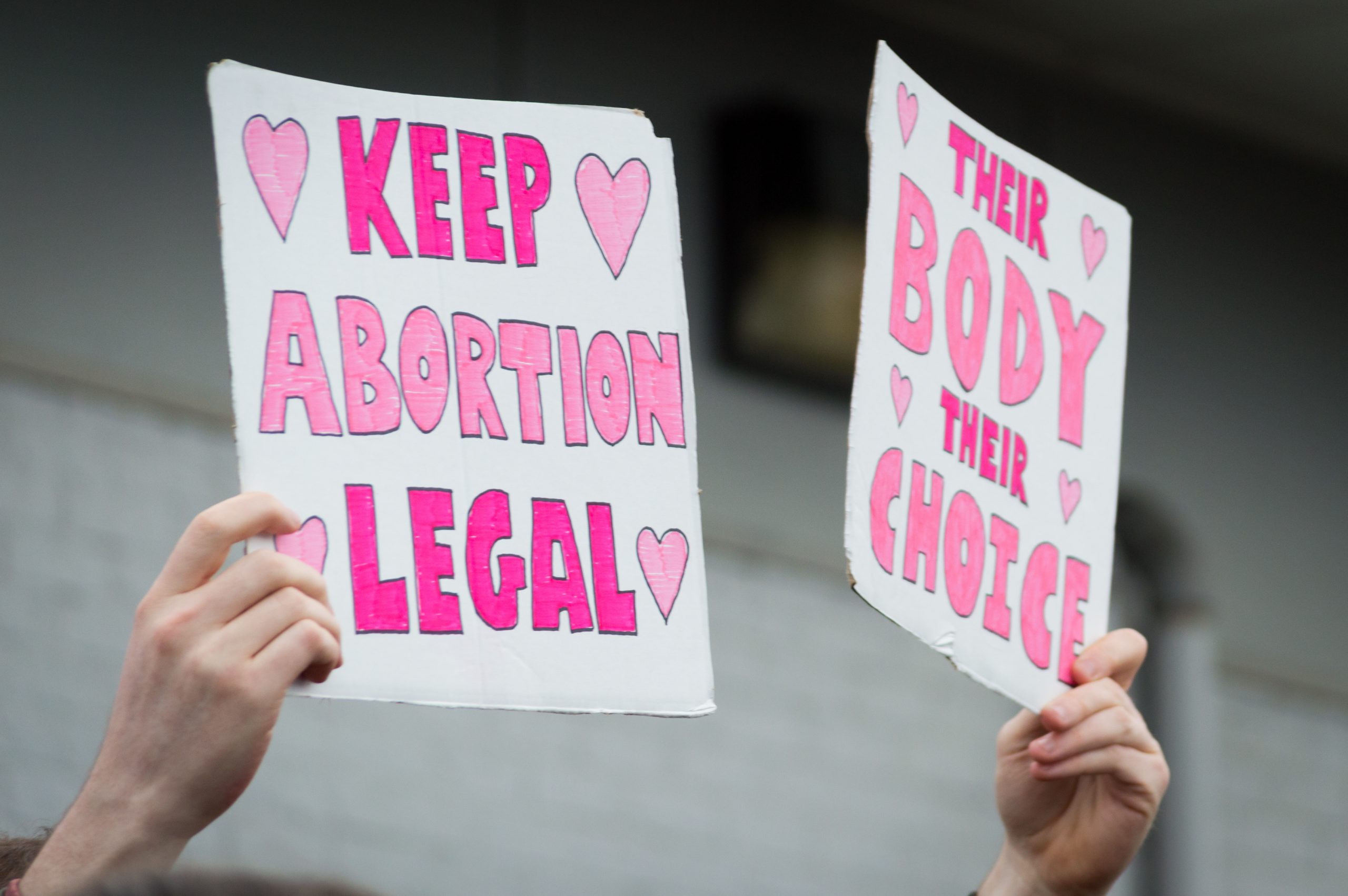From Stigma to STIs to Screenings: A Conversation on Why Sex Ed Matters

Note: To protect the authors’ safety, we are using pseudonyms for the NWLC staffers who authored this piece.
Alex: When I think about sex education (sex ed), I remember that Girls episode when one of the characters tests positive for human papillomavirus (HPV), a common sexually transmitted infection (STI) that can cause various types of cancer in men and women. The way many of the characters react to the diagnosis in ill-informed and stigmatizing ways is what can happen when young people don’t receive comprehensive sex ed (spoiler: they become adults who lack necessary information to be fully empowered about their sexual and reproductive health). This episode illustrates the unfortunate reality faced particularly by girls and LGBTQIA+ individuals, who are less likely to receive adequate sex ed.
I recently had the opportunity to sit down with my colleague, Erin, to swap stories around our good and bad experiences with sex ed, and how those experiences shaped us as adults.
***
Erin: What is your memory of sex ed growing up?
Alex: Like youth in many states today, the sex ed I received pushed abstinence and ignored key options for unintended pregnancies, especially abortion, which was heavily stigmatized. One teacher even required we argue against abortion in a “debate” assignment—a clear attempt to spread disinformation and denying us the opportunity to understand our full range of reproductive rights and options. This was over a decade ago, but extremist legislators today are forcing anti-abortion propaganda and medically inaccurate information into classrooms using bills that mandate misleading fetal development lessons and forced ultrasound videos. As an LGBTQIA+ student, I also felt excluded. The curriculum centered the experiences of cisgender and heterosexual youth. This type of heteronormative sex ed perpetuates stigma and harmful stereotypes by “othering” LGBTQIA+ people and depriving them of information. It wasn’t until the year I graduated from high school that my county’s school board voted to amend its sex ed curriculum to include discussions around gender identity and sexual orientation.
Erin: It is appalling that your teacher thought that was an appropriate assignment! But this only highlights the importance of quality, comprehensive sex ed that is medically accurate, inclusive, and non-stigmatizing.
Alex: Right?! While extremist groups today continue to weaponize sex ed to disempower young people and spread disinformation, the reality is that sex ed helps all young people (and the adults we become) understand our bodily functions and bodily autonomy.
Alex: What was your sex ed experience like?
Erin: I remember my ninth grade P.E. teacher (who was also our track coach and often our history substitute teacher) leading us to the “Health Education” room in the least ventilated area of my high school’s old gym. He handed out state-supplied textbooks, and the students went around taking turns reading paragraphs while trying not to laugh, with zero discussion and zero useful information. When I got my period later that year, I had no idea what was happening. Especially because I didn’t have a good relationship with my mom at the time, no one told me about pads, tampons, or that passing out from pelvic pain was not ok.
Fast forward to now and I have friends who went through similar experiences with their periods and a lack of education around menstruation. Many of these people are now going through perimenopause or menopause with little to no understanding of what that experience should be like for them. This is dangerous because they may not be aware of symptoms that should be addressed, particularly around abnormal bleeding. Cancer rates are increasing for middle-aged women and women under 50, with uterine (endometrial) cancer being one of the most common diagnoses and one of the few cancers increasing in mortality. Even though early diagnosis is important for higher chances of survival, many women are unaware that irregular or post-menopause bleeding is a critical symptom of endometrial cancer. How is more than half of the population supposed to take control of their sexual and reproductive health if they were never given the information to begin with?
Alex: I don’t remember learning about gynecologic cancers in sex ed either—not even uterine/endometrial cancer. Are you saying that lacking comprehensive education on menstruation and menopause can seriously impact your health later in life?
Erin: Yes, exactly, a downstream effect. Better sex ed, including how menstruation changes over time, has lifelong benefits, especially for underserved youth who face greater health barriers. Sex ed empowers young people to manage their health and reduces stigma around taboo topics.
Alex: One hundred percent. Did you have any positive experiences in the sex ed you received?
Erin: This is interesting because you mentioned how your sex ed didn’t meet your needs as a member of the LGBTQIA+ community. I had an almost opposite experience, and I think it was probably the only part of sex ed that was decent. The school invited a queer woman from Planned Parenthood to do a special talk on sexuality and safe sex. She brought the typical condoms and 3D models of reproductive systems, but she also brought dental dams, which act as a barrier during oral sex to prevent the spread of STIs. She explained different sexualities and gender identities and gave students the opportunity to ask candid questions using an anonymous box. She even had everyone write a random sentence down on their paper (even if they didn’t want to ask a question) so that everyone submitted something, and no one felt scared to drop their question in the box.
Unfortunately, people didn’t want us to have nice things! Homophobic and transphobic groups targeted the course, advocating against the inclusive and comprehensive material. The year after I graduated, the school was forced to stop inviting Planned Parenthood volunteers and ceased to offer the only good sex ed I received.
Recounting this experience reminds me of just how important organizations like Planned Parenthood are for communities. The Trump administration’s threats to Planned Parenthood’s funding means worse sex ed for young people. It means cutting off access to essential, preventive reproductive health care like birth control, cancer screenings, wellness exams, and STI testing and treatment for millions of people across the nation. It’s all connected.
Alex: This is why efforts like Sex Ed for All Month (celebrated annually in May) are so important in the fight for all young people to have access to comprehensive, medically accurate, and inclusive sex education. And as we take action for Uterine (Endometrial) Cancer Awareness Month this June, it is important to remember the role that sex ed can play in empowering individuals about their sexual and reproductive health long after their time in the classroom.
***
Resources on sex ed:
- Disabled Students Deserve Sex Ed Too
- All Young People Need and Deserve Sex Education
- If/Then: If You Care About Health Equity for All, Then You Should Care About Sex Education
- Gender Justice Means Freedom to Learn: How School Censorship Promotes Sex Discrimination
Resources on uterine/endometrial cancer and menopause:
- About Endometrial Cancer, OCRA
- Endometrial Cancer Action Network for African Americans
- Uterine/Endometrial Cancer, Foundation For Women’s Cancer (includes Spanish resource)
- Menopause Education – National Menopause Foundation
- Research Insights on Menopause, AARP
- Menopause resources for LGBTQIA+ people — Queer / LGBTQIA+ Menopause




